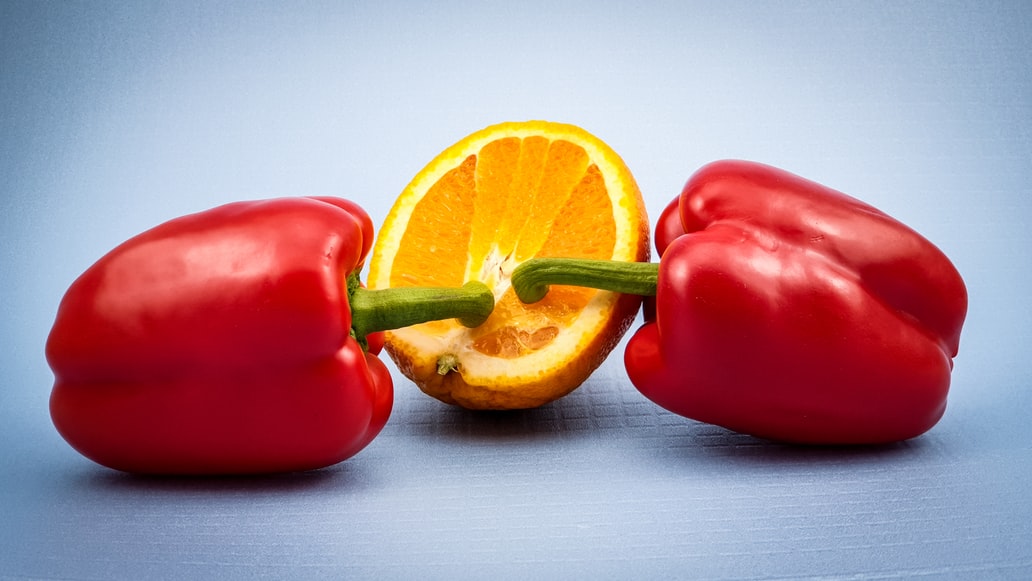Eating fruits is an important part of our diets, especially when we are younger. Fruits are often eaten as snacks or desserts, and most of the time, we eat them for their flavors. Others prefer to drink smoothies or fruit juice rather than enjoy the fruit itself. When we think about fruits, we think about their sweet or sour taste and that most of them have vitamins. Some fruits also contain a plant chemical known as flavonoids. Researchers discovered that flavonoids help our brain health, and those who consume fruits rich in flavonoids on a regular basis are less likely to suffer from memory loss.
Which fruits are rich in flavonoids?
The study published in the journal Neurology and cited by the Harvard Health Blog mentions that the most common fruits with this plant chemical are strawberries, pears, peppers, oranges, grapefruits, and other citrus fruits celery and bananas. In order to determine that flavonoids help our brains and prevent subjective cognitive decline (SCD), the authors of the study looked at the dietary intake of more than 49,493 women and 27,842 men. Their intake of flavonoids was reported on dietary questionnaires from previous public health studies in the US.
The consumption of flavonoids is beneficial for both men and women

The research study analyzed the dietary intake of both men and women and separated them by category, age, the total amount of energy intake, and other factors. To calculate their intake, researchers analyzed the intake of all dietary flavonoids such as flavonols, flavones, flavanones, etc. A high intake of flavonoids can be maintained by introducing most of the fruits and veggies rich in this chemical in our daily meals. For those always on the go, drinking citric juice or eating a banana can be a great idea to start the day.



























Leave a Reply